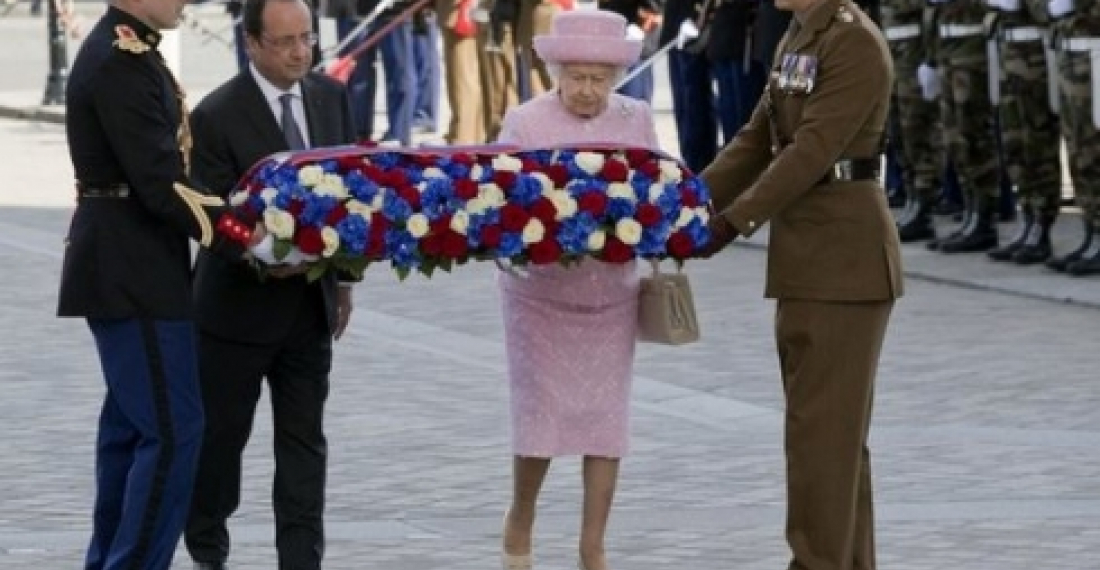The leaders of countries that fought against Nazi Germany in World War II have gathered in Normandy, in Northern France to mark the 70th anniversary of D-DAY.
On 6 June 1944, British, US and Canadian forces invaded the coast of northern France in Normandy. The landings were the first stage of Operation Overlord - the invasion of Nazi-occupied Europe - and were intended to bring World War Two to an end. By the end of D-Day, the Allies had established a foothold in France. Within 11 months Nazi Germany was defeated.
President Barak Obama of the United States, Queen Elizabeth II of the United Kingdom and President Vladimir Putin of Russia are amongst the leaders attending the ceremonies at the invitation of President Francois Hollande of France.
The commemoration has also provided a backdrop for intensive discussions between nations on the situation in Ukraine. President Putin, who has been excluded from the G8 summit, is holding discussions with a number of leaders including Prime Minister Cameron of UK and President Hollande. First however, the leaders are paying tribute to those who died on D-DAY, as well as all others who perished in World War II.
source: commonspace.eu
photo: Queen Elizabeth and President Hollande lay a wreath at the Monument of the Unknown Soldier in Paris on 5 June 2014.







